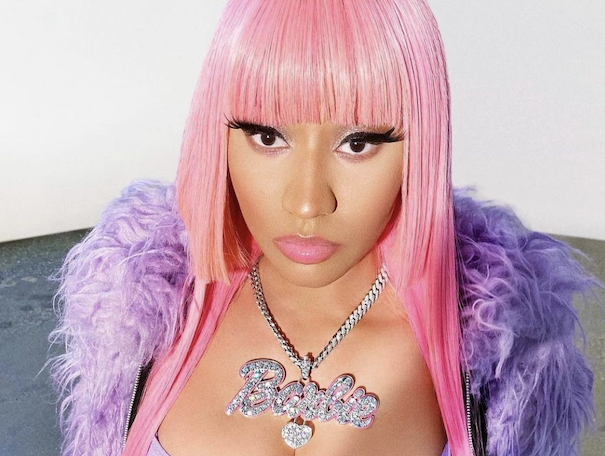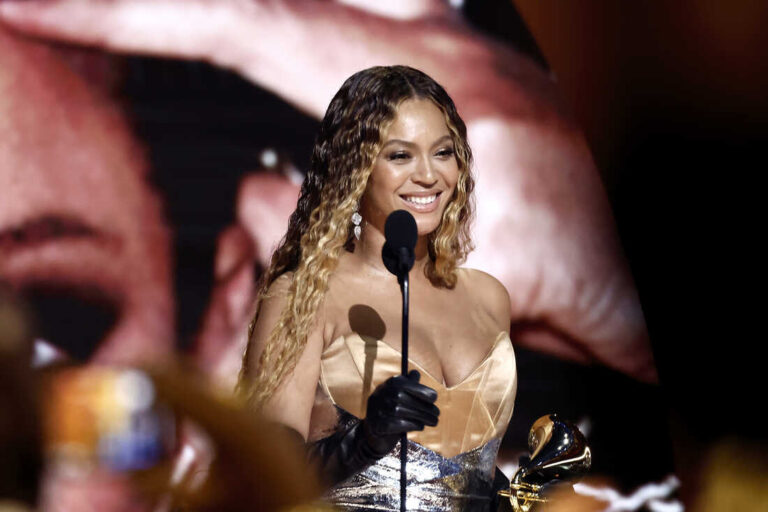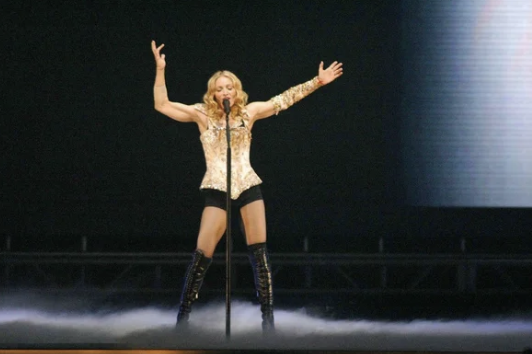Kamala Harris’s 2024 presidential campaign saw a wave of celebrity endorsements, with huge names like Taylor Swift, Beyoncé, and LeBron James publicly backing her. These stars have millions of followers, especially young women, and their influence is undeniable in fashion, music, and social causes. But here’s the truth: celebrity support doesn’t necessarily mean election success. Let’s look at the numbers to understand why.

1. Celebrity Influence: Limited Reach in Voting Demographics
Celebrity endorsements do create buzz, but only with certain groups. In the 2024 election, many of Harris’s celebrity endorsers—Taylor Swift, Lady Gaga, Beyoncé, and Ariana Grande—appeal mostly to younger, liberal, and urban fans. While young voters are key in shaping social trends, they typically don’t dominate at the polls. In 2020, only 51% of 18- to 29-year-olds voted, compared to 76% of those over 65.
Even Taylor Swift’s fanbase, which spans different demographics thanks to her roots in country music, wasn’t enough. Polls indicate that the highest conversion from endorsement to actual voting happens only within closely aligned political groups. In other words, celebrities mostly sway people who already support the same party or ideas, which limits the impact.

2. Endorsements Can Backfire
Data from recent elections shows that 1 in 5 voters felt less inclined to support Kamala Harris after Swift endorsed her. This “backfire effect” isn’t new. Many voters perceive celebrity endorsements as disconnected from “real” issues—think job security, inflation, or local education. According to a YouGov survey after Swift’s endorsement, 20% of people said the endorsement made them less likely to vote for Harris.
The issue? These voters often see celebrity influencers as “elites” who don’t face everyday struggles. And when stars like Swift or Beyoncé endorse someone, it can trigger a negative response from audiences who feel these celebrities live in a bubble far from the realities of average Americans.

3. Influence Doesn’t Mean Political Persuasion
Studies show that endorsements from celebrities boost awareness rather than change minds. Harvard’s 2023 Culture of Democracy report found that while celebrity endorsements increased civic engagement—like sharing voting information or attending rallies—the conversion rate to actual votes was low. Swift’s voter registration post in 2023 drove over 35,000 new registrations in one day, yet the same study found no direct link between increased registration and swayed votes.
This trend goes beyond the U.S.: research shows that across countries, while celebrity influence can mobilize people, it rarely drives political conversion. Essentially, celebrities can start conversations, but changing voter preferences is a different matter.

4. Young Voters Are Selective with Their Votes
A closer look at young voting patterns reveals that they are highly selective and less likely to be swayed by endorsements alone. Surveys from the 2022 midterms showed that nearly 70% of voters under 30 based their decisions on issues rather than endorsements, highlighting how personal values and family influence remain stronger. In fact, 78% of young people surveyed by Pew Research in 2023 said that they prioritize “lived experience” and “policy consistency” over a candidate’s popularity or celebrity backing.

5. Voters Prefer Experts Over Entertainers
A 2022 poll from the Knight Foundation found that only 11% of Americans believe celebrities are “trustworthy sources” on political issues, compared to 64% who trust scientists and environmentalists. When given the choice, young voters say they’d rather see endorsements from issue experts and activists than actors and musicians.
Consider this: in 2016, nearly every major Hollywood star supported Hillary Clinton, yet Donald Trump won. The same trend repeated in 2024 with Harris. Historically, musicians and actors have a limited influence on voting outcomes, as opposed to social and environmental leaders.

Takeaway
The numbers don’t lie: celebrity endorsements can be exciting, but they have a limited effect on the real work of winning votes. For politicians, the most effective strategy is clear: focus on engaging with people directly and on issues that matter. While Beyoncé and Taylor Swift made waves for Kamala Harris, they weren’t enough to turn those waves into votes.
Sources:
- The Guardian: ‘George Clooney – who cares?’ Did celebrity endorsements actually harm Kamala Harris?
- Forbes: Celebrities React To Trump Win: Roseanne Barr Says She’d Work For Trump, Billie Eilish Says He ‘Hates Women’
- Billboard: All the Musicians Supporting Kamala Harris in the 2024 Presidential Election
- NYMag: Taylor Swift Skips Kamala Harris Rally: All Her Election Drama
- Independent: Beyoncé (and her mum) won’t boost Kamala in the voting booth
- Pictures can be found on Instagram @taylorswift, @beyonce, and @kamalaharris







